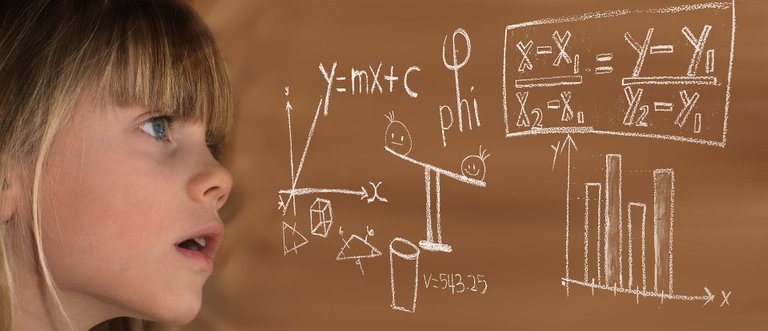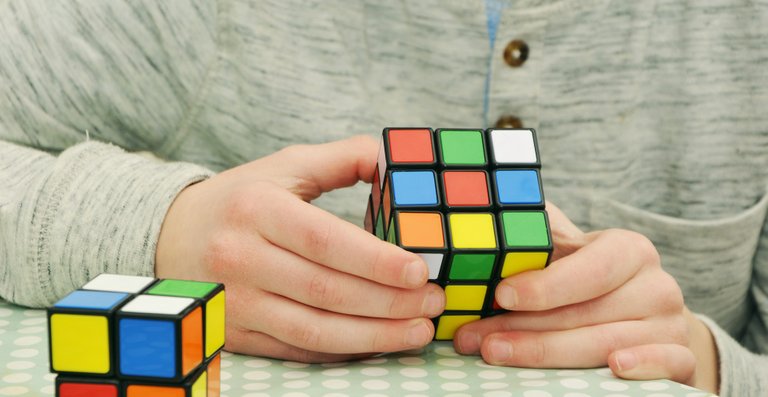Learning is a mental and physical process of inbibing new knowledge, information, ideas and or skills, with experience as a yardstick. It is inarguably a continuous process, while schooling on the other hand, maybe not so much. Let's pause for a minute, shall we? Is school and education one and same thing? I know you have your answer, but that'd be discussion for some other time.
Different academic systems in different countries, develop and put in place certain and likely varied schemes for testing the learning potentials of individuals - more especially children. I'd refer to children, mostly because undeniably, learning and character molding starts at this stage, and the child makes the adult. Despite the fact that there's been intermittent movements against prevailing academic and school modus operandi as well as assessment systems in various countries, by different schools of thought, it is almost a universal understanding, that every child needs basic education.
My first few days teaching this class of first year senior high school students, I perceived Pius to be a special kid. I wasn't really sure what his challenges were. He always sat in the class front row, has a strange mannerism of speech - a slight in his diction and word articulation - and he was always getting in word fights with his classmates, who anyways pick on him. Only later, I realised how slow he writes in class. After the first class test, I had Pius' script in my hand, and I was shocked to see how much he had done for someone his age. Aside how illegible his writing was, it lacked organisation, and words were missing such that, it couldn't express thought, or make a good grammatical construct.
It became obvious to me then, that he had a learning disability, and you must be wondering if you've not figured what it is, yet. But these things require proper diagnosis, and that's were the problem is. The school is in a rural community of farmers who obviously want same for their children. Academics is not very well appreciated by these locals, which actually explains why Pius has not had attention. Bringing Pius help is still a work in progress.
Academics requires discipline, hard and smartwork, for one to be successful. Learning could be fun, until it's no longer fun - when certain difficulties surface.
Though children with learning disabilities may percieve - see, hear, understand, say or write - things in a different way, I personally do not think the presence of learning disabilities suggest unitelligence. And I think that as much as the school system provides the curriculum and scheme for impacting knowledge, engaging and testing, these younger members of the society, it also should be able to observe and identify traits that suggest learning disabilities. This should be with the aid of parents and gaurdians, though it could be difficult to point out in a situation where a child's performance is above average or is good in other parts of their academics. Let's look at the top 5 most common learning disabilities
Dyslexia
 [License: Public Domain]: Pixabay
[License: Public Domain]: Pixabay
A condition that affects the ability of a child to read, process and understand written texts.The major symptoms or traits associated with dyslexia are according to The University of Cincinnati report:
- "Difficulties rhyming words and learning new words
- Problems following directions that involve multiple steps
- Problems making the links between letters and sounds
- Confusing short words e.g. and, the, but
- Reversing letter shapes and the letters in words Problems learning the alphabet
- Below average spelling."
This difficulty could hamper academic work immensely. Though it can occur together with one or two other learning disabilities, which we would get to shortly.
Dysgraphia
 [License: Public Domain]: Pixabay
[License: Public Domain]: Pixabay
This is a disability in writing. The individual has inability to express self in writing and can't coherently put words together to make good grammatical constructs. "People with dysgraphia may have a variety of problems, including:
- Bad handwriting
- Trouble with spelling
- Difficulty putting thoughts down on paper" as posited by Webmd.
This disability would not only pose a challenge in academics but also could cause ineffective communication at work.
Dyscalculia
 [License: Public Domain]: Pixabay
[License: Public Domain]: Pixabay
Dyscalculia is a disability in mathematics. It impairs ability to work with numbers, to do extended calculations in maths, and or to understand or tell time.
"Math disorders can take many forms and have different symptoms from person to person."
People with dyscalculia may have problems with measurements, estimation and recognizing numbers too.
Dysprasia
 [License: Public Domain]: Pixabay
[License: Public Domain]: Pixabay
This condition is one that hampers motor skill. Motor skills are responsible for coordination and movement of an individual. When this is affected, the person finds it hard to coordinate movement, speech and even vision. Traits of dysprasia include:
- difficulty speaking and listening
- clumsiness
- poor organizational skill.
Dysphasia or Aphasia
 [License: Public Domain]: Pixabay
[License: Public Domain]: Pixabay
This is a language disability. "It causes difficulties in the understanding and production of spoken language and directions." The university of Cincinnati affirmed in their resource that signs of a language- based disability are:
- Problems with verbal language.
- Inability to retell a story or narrate a first-hand anecdote.
- Fluency of speech.
- Difficulties understanding the meanings of words and directions.
By now you must have figured which of these, Pius could be faced with. Although these learning disabilities severity may differ from person to person, it is important to note that children having one or more learning disabilities, may possess strength in other facets. And people with them can and have made great success in different fields. Although this difficulties sometimes cause stress and sometimes a diminished self-esteem in children and adults, which could lead to them snapping. This could as a result, affect social behaviour and relationships. And I noted as asserted by Webmd that;
It's important to note that attention deficit hyperactivity disorder (ADHD) and autism spectrum disorders are not the same as learning disabilities.
Another affirmed that;
Experts link ADHD with the structure of the brain, and there is evidence that ADHD may have a genetic component as well. Unlike typical learning disabilities, which need instructional interventions, ADHD can be successfully treated with medications and behavioral therapies.
A Word From Me
We wouldn't agree any less, that more attention need to be given to children in classrooms, in order to identify any learning disabilities and give appropriate guidance at the early stage. Children could become aware of their "strengths and weaknesses " to better equip themselves for who they want to be in the society.
Thanks for sharing your time!
For more information and reading on learning disabilities, check out these REFERENCES:
5 Most Common Learning Disabilities
Types of Learning Disabilities
The Five Most Common Learning Disabilities Seen in Schools Today
Detecting Learning Disabilities
Top 5 Life Success Attributes for Children with Learning Disabilities
Images Sources
Images are from pixabay all licensed under creative commons and eligible for commercial use
This post has been voted on by the SteemSTEM curation team and voting trail in collaboration with @curie.
If you appreciate the work we are doing then consider voting both projects for witness by selecting stem.witness and curie!
For additional information please join us on the SteemSTEM discord and to get to know the rest of the community!
This means a lot to me. Thanks
Congratulations @managi! You have completed the following achievement on the Steem blockchain and have been rewarded with new badge(s) :
You can view your badges on your Steem Board and compare to others on the Steem Ranking
If you no longer want to receive notifications, reply to this comment with the word
STOPDo not miss the last post from @steemitboard:
Vote for @Steemitboard as a witness to get one more award and increased upvotes!
Awesome! Thanks